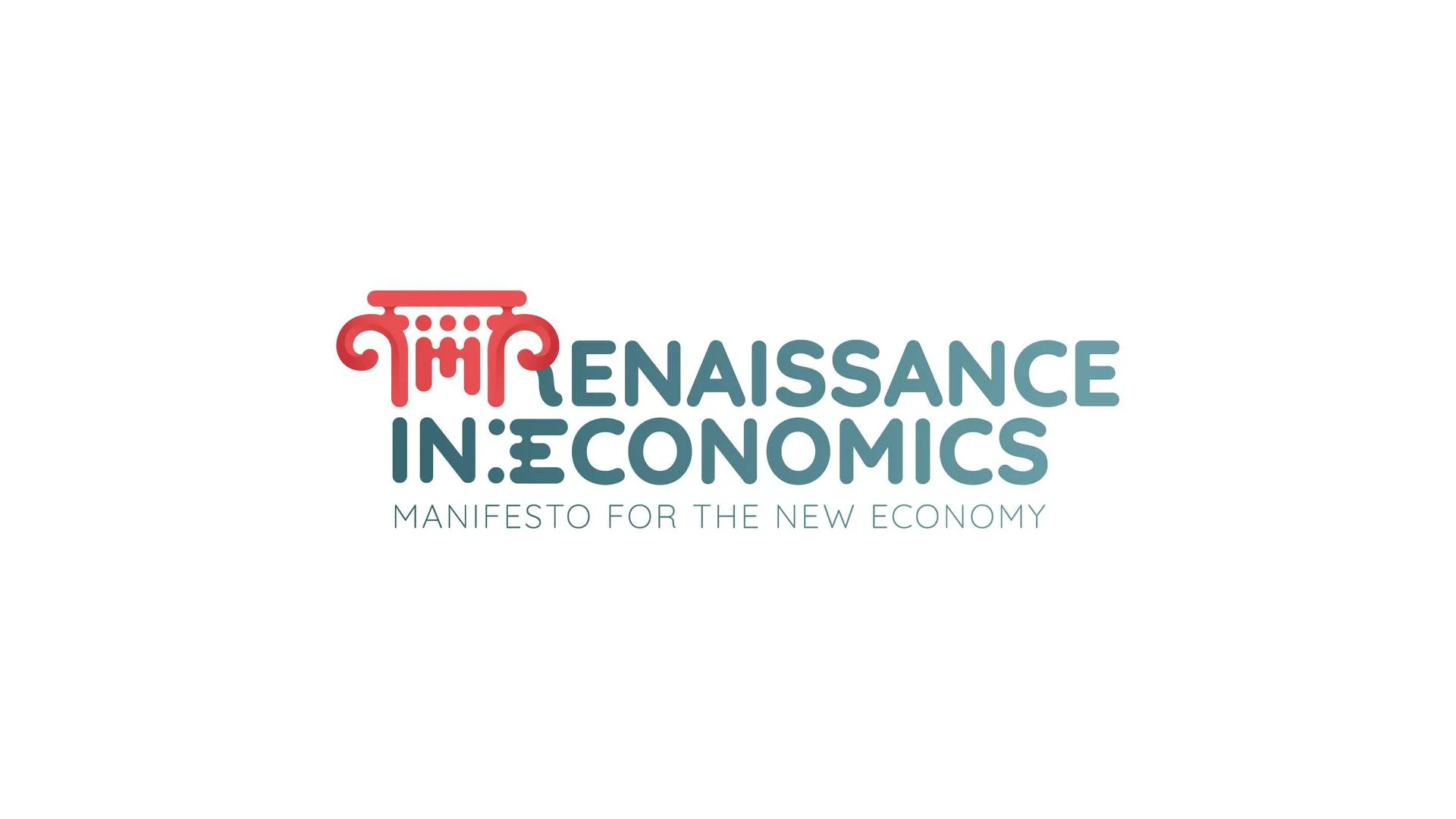
Open access: the case for making your research publicly available
Read a summary using the INOMICS AI tool
Open access refers to materials which are publicly available without restrictions on access or reuse. To publish your research in open access means that anyone, including other researchers and the public, will be able to read your paper in its original form. In order to support this free access for users, journals which publish open-access charge a fee (often in the region of several thousand Euros) to the authors. But, this cost comes with advantages. Today we're looking at the case for making your research available in open access form.
For the public good
One argument in favour of open access publishing is regarding the funding of scientific projects. As most labs receive at least some of their funding from governmental organisations, it is fair to say that tax payers' money goes towards scientific research. Therefore some argue that the public has a right to see the outcome of this research as they helped to pay for it.
Further, it would be of great benefit to the public's understanding of science if research were to be made more easily available to more people. Public scientific literacy is important in order to promote understanding of scientific topics and to support evidence-based policies, and open access research can help with this. The more journal articles and other materials that are publicly available, the better interested members of the public will be able to learn and keep up to date with the latest findings.
For the benefit of other researchers
Greater participation in open access publishing would also be of benefit to the research community as a whole. Many researchers work in institutions where only some journals are available through the library, and it can be difficult or inconvenient for them to read other journals which are not available. Therefore a portion of the audience for your work may be lost because their institution does not subscribe to the journal in which you publish. Particularly those researchers who work at smaller institutions which have a more limited budget may not have access to niche journals, which creates a hierarchy where information is available only to those with more money. With open access, all researchers will be able to access the information which is relevant to them.
A notable practical advantage of open access publishing is that articles are generally made available online immediately after they are accepted for publication. Whilst some traditional publishers have instituted a policy of making work available immediately too, open access publishers tend to be more strongly focused on web publishing. This immediate availability is useful in fields which are fast-moving and in which the latest findings are always changing. It makes it easier for researchers to stay up to date and to hear about new work as soon as possible. This also help to avoid the duplication of work – researchers can make sure that they're not performing the same experiment as someone else.
For the benefit of students
One group who are sometimes overlooked in the discussion of open access publishing are university students. Not only do students benefit from better informed lecturers, but it is also very important for them to have access to journal articles directly. Students need to learn not only how to read and interpret articles, but also how to find them and cite them. With open access, it is easier for students to find and read the information they need. It also encourages curiosity and interest in different disciplines and further research – when information on all topics is freely available, students may explore more widely and discover a new area of interest or topic.
To help promote your work
A further benefit or publishing open access is that you can promote your work widely, in diverse forums, and know that everyone who is interested will be able to read your article. If you wish to reach an international audience, or to promote dialogue between academic disciplines, it's particularly important that access to your work is not restricted. Open access can also help to boost the impact of your work, as papers can be cited more when they are publicly available.
Finally, open access articles can be shared on social networks such as Twitter or Facebook, so links to your research can be spread via personal networks which can help your work to be seen by a much broader audience than would be possible from only your own contacts.
-
- Conferencia
- Posted 1 week ago
47th RSEP International Multidisciplinary Conference
Between 15 May and 16 May in Barcelona, España
-
- Postdoc Job
- Posted 1 week ago
Research Assistant (Postdoctoral Fellow) (f/m/d)
At University of Bremen in Bremen, Alemania
-
- Professor Job
- Posted 1 week ago
Assistant, Associate or Full Professor at Chung-Ang University
At Chung-Ang University in Seoul, Corea del Sur













